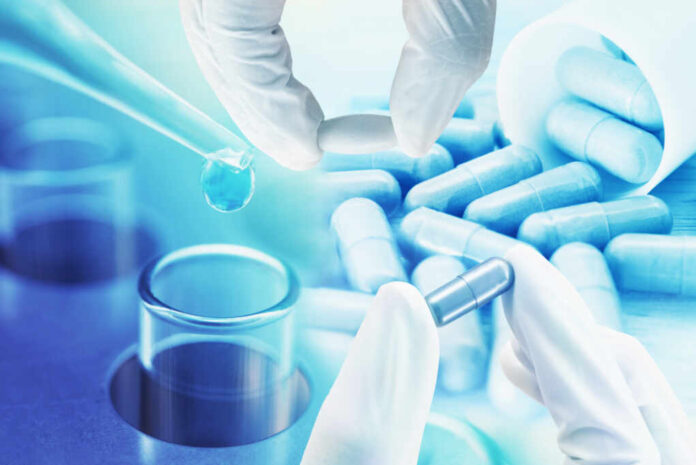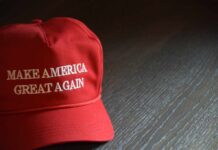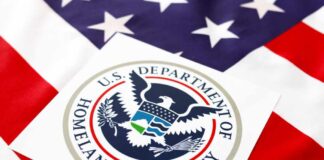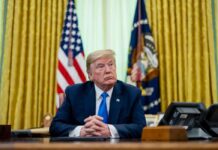
The United States has become increasingly dependent on foreign nations — and China in particular — for its supply of various pharmaceutical drugs.
Not only has that raised concerns about supply, but recent reports shed new light on the questionable quality control and ingredients used to produce many of these products.
According to the United Kingdom’s Environmental Investigation Agency, dozens of drugs produced by pharmaceutical firms based in China include parts of endangered animals, including leopards and pangolins, in their listed ingredients.
The publicly traded companies, Beijing Tong Ren Tang Group, Tianjin Pharmaceutical Group and Jilin Aodong Pharmaceutical Group, reportedly produce a total of at least 88 traditional Chinese medicine products that fall into this category. In its report, the EIA advises international banks and other investors to withdraw their financial support from these companies.
'Investing in Extinction – How the global financial sector profits from traditional medicine firms using threatened species'
Major new EIA report released tomorrow (23 October)#wildlife #finance #China pic.twitter.com/Fks8rDTgGP
— Environmental Investigation Agency (@EIA_News) October 22, 2023
Influential entities including Citigroup, BlackRock, and Deutsche Bank are among those that reportedly have invested in these Chinese companies.
“It’s particularly disappointing to see so many major banks and financial institutions effectively endorsing this damaging exploitation,” said Avinash Basker, a legal and policy specialist for the organization. “They need to divest from TCM manufacturers using threatened species at the soonest opportunity.”
Citing a set of recommendations compiled by the Convention on International Trade in Endangered Species of Wild Fauna and Flora, Basker admonished the Chinese government for violating the framework and urged it to “prohibit the use of the body parts of leopards, pangolins, tigers and rhinos from all sources for all commercial purposes in its domestic markets.”
U.S. Rep. Brad Wenstrup (R-OH) detailed the path that China has taken in recent decades to “push competitors out of the global market through a system of exploiting China’s cheap labor and selling pharmaceuticals below market cost,” stressing the importance of encouraging America to rebuild its domestic production of medical devices, equipment, and pharmaceuticals.
“These are a vital part of our national security and should be viewed as strategic assets,” he advised. “They are critical to saving lives, and we therefore must rethink how we source them and act accordingly. Privately, some are stepping up efforts to ensure that producers exporting to the U.S. follow strict quality control measures. We also must and can diversify production so that we are not solely reliant on strategic adversaries for products which are key to our national health security.”












